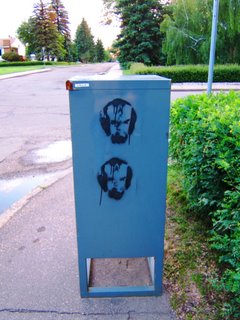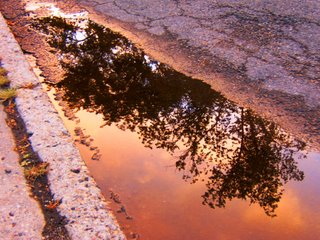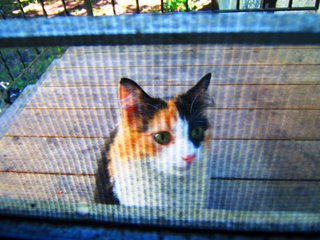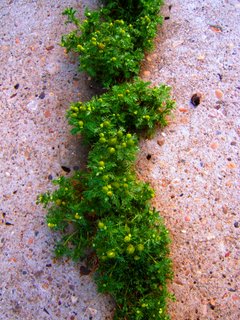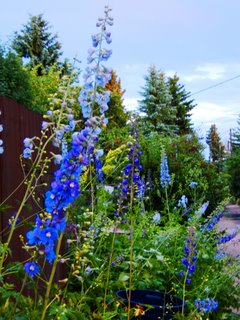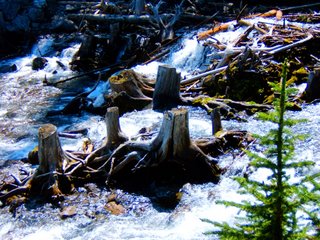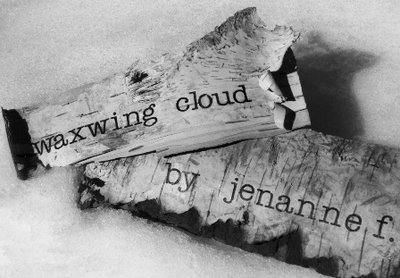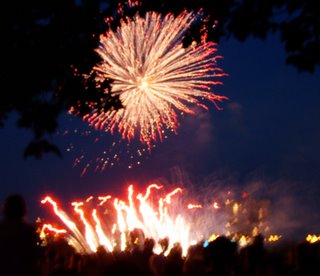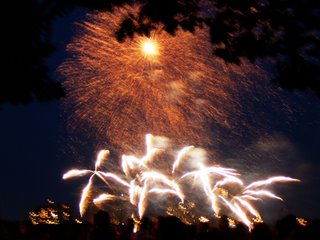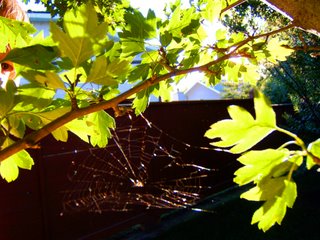
{spiderweb in the hawthorn, with sneaky self-portrait}
god's country
manhole
studying stones
not so soft (!)
decree
napoleon (!)
coming up
gravel
sunday morning
animal (!!)
half-assed (!)
reckoning
firedoor (!)
78% water
"all of this" (a new song not on the new record...)
recoil (!!!)
shameless (!)
***encore***
evolve (!)
hypnotized (!!)
I've seen her play twice before at Folkfests, & both occasions were certainly impressive... But this time seeing her I felt especially grateful, & so wholly inspired by her -- to go out and MAKE things, DO things, to create as freely & as unapologetically as she does, to always remember to do this.
Thinking of what she has accomplished and created over the past 18-ish years always impresses me. & her eloquence, even when she is confessing selfdoubt/fears/feelings of worthlessness, is inspiring & comforting. I love to see how she can spite those negative feelings by making such beautiful things.
'Cause I don't care if they eat me alive
I've got better things to do than survive
-- Ani, "Swan Dive"
This is the sort of thing I need to remember -- to just make things regardless of anything else, to create for the sake of creating. & not worry about whether what I make will be liked, disliked, accepted, or even noticed. It fuels me to spite my own anxious, paralytic feelings & just do things anyway.
& as for the importance of DOING -- on the train ride home, Bryna & I were rather overcome by the contrast of the place we had just been (a concert hall full of good music & generally friendly, feminist-sort of people) & the vehicle upon which we were travelling (a packed LRT car full of inebriated, loud, homophobic misogynists sorts, extra-annoyed because their home team had lost the football game. blaaah.) The juxtaposition was rather overwhelming, but it did make everything I was feeling about the concert infinitely more acute, more urgent. The process of mindful creation is so vital, so important, in this culture of mindless consumption. It is unspeakably important.
In attempts to distract ourselves from our fellow passengers, Bryna & I were also talking about the band Do Make Say Think, & somehow we came to the conclusion that the meaning of the band's name must be priority list of verbs -- that in creating something, it's most important to just do/make. Not that I advocate not thinking before doing, but I do know very well that it's certainly possible to think too much. Better, when you have an idea, to just do/make it, before you stifle it in overanalysis & prevent it from being created.
Ani will have a new album out on August 8th. Visit the audio section of this site for 'Reprieve' & listen to new goodness. Especially 'Hypnotize' & 'Half-assed'.



